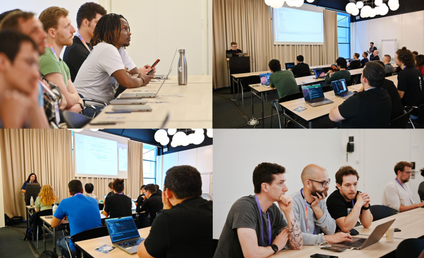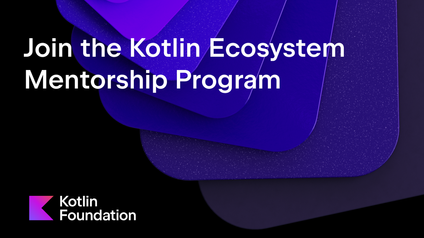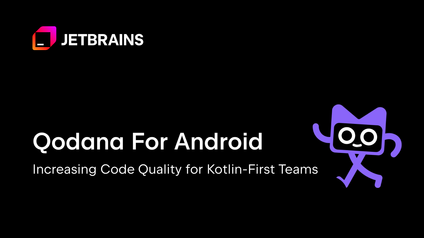
Latest news

February 3, 2026
Pick Your KotlinConf Workshop by What You Want to Learn
Hi! Already coming to KotlinConf in Munich? Kick off the conference with a full day of hands-on workshops on May 20. Not going yet? Then this is a good moment to get your KotlinConf ticket and start with a workshop that matches what you want to learn. Asynchronous programming with Kotlin coroutines Learn how to […]

February 2, 2026
Join the Kotlin Ecosystem Mentorship Program
TL;DR: The Kotlin Foundation is launching a mentorship program that pairs experienced open-source maintainers with new Kotlin contributors to help them make their first meaningful contributions, with branded swag and a chance to win a trip to KotlinConf. I still remember my first contribution to an open-source library. It was Typhoon, a widely popular dependency […]

February 2, 2026
Koog x ACP: Connect an Agent to Your IDE and More
We hope you’re staying up to date with our latest posts and have checked out our tutorials on how to create coding agents in Koog and connect ACP-compliant agents to your JetBrains IDE. As useful as these guides are, one important piece was hitherto missing from the puzzle: How do you make your Koog agent […]

January 31, 2026
Qodana for Android: Increasing Code Quality for Kotlin-First Teams
When people think about tooling for Android development, the conversation often gravitates towards platform-specific concerns: UI performance, layout validation, device compatibility, or resource management. Yet for many Android teams, the most persistent challenges don’t sit at the platform level – they’re in the team’s Kotlin codebase itself. As Android projects scale, Kotlin brings strong language […]
fun main() {
val name = "stranger" // Declare your first variable
println("Hi, $name!") // ...and use it!
print("Current count:")
for (i in 0..10) { // Loop over a range from 0 to 10
print(" $i")
}
}Kotlin in action
Share code on your terms and for different platforms

Kotlin + AI
JetBrains is investing in AI models tailored for Kotlin, providing open data, benchmarks, and AI-native tooling integrated into your workflow.
At the same time, Kotlin makes it easy to build your own AI-powered features with seamless backend integrations and a growing ecosystem.
What you get with Kotlin + AI
- Strong support across JetBrains AI tools like AI Assistant and Junie
- Robust functionality for building AI-powered apps on the JVM
- Native integration with tools like Spring AI and LangChain4j
- Open data and benchmarks for better code generation
Build your own AI agents with Koog
Koog is JetBrains’ new Kotlin-native framework for creating powerful AI agents that run locally, interact with tools, and automate complex tasks. Whether you’re developing a simple chat assistant or an advanced multi-step workflow, Koog gives you full control with clean Kotlin code – no external services are required. Build, extend, and experiment with AI agents entirely in Kotlin.
Get startedBig, friendly and helpful community


Kotlin Foundation

